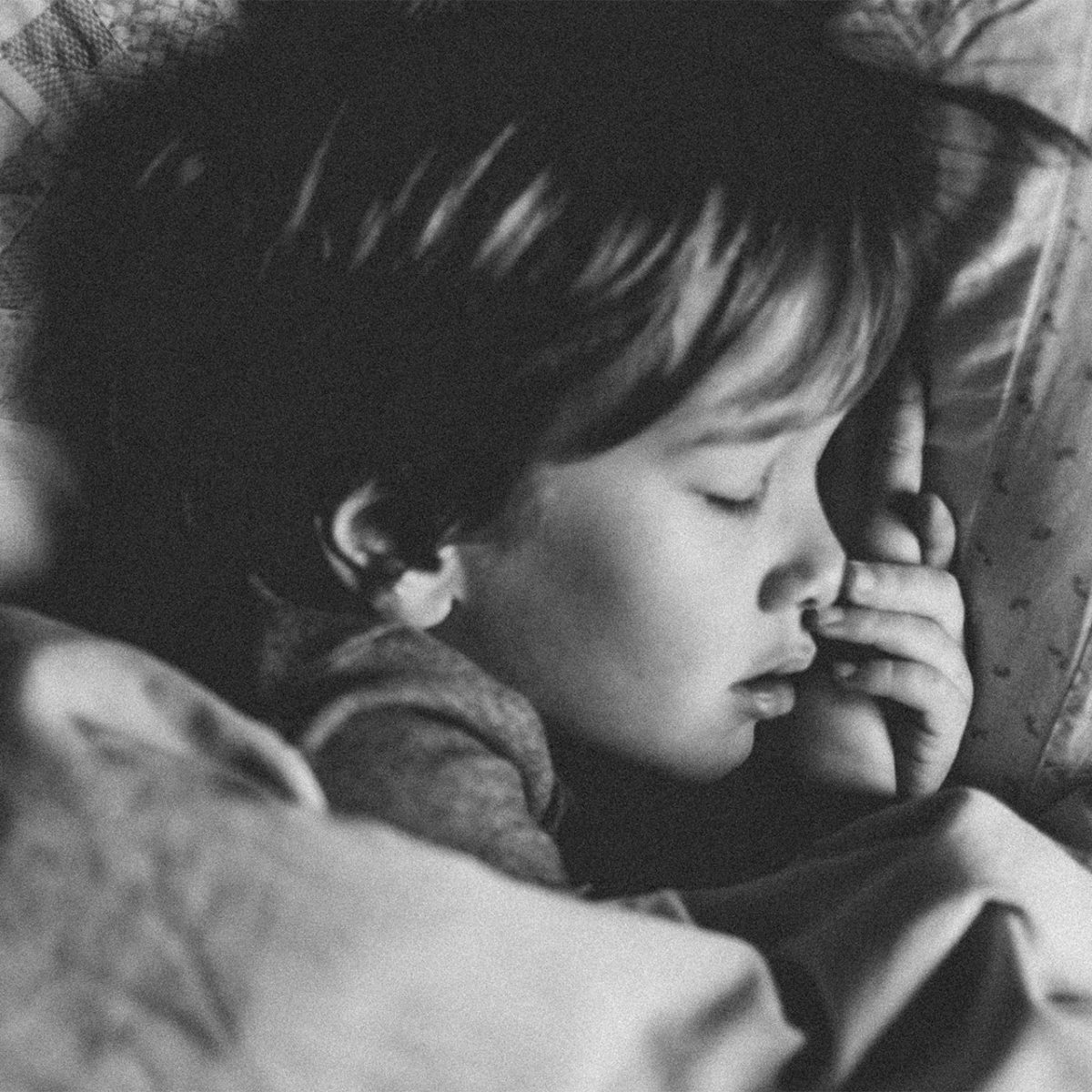Bedwetting.
I’m Done!
Your child just started kindergarten or worse is already in middle school and is still wetting the bed. The shame, embarrassment, missing out on sleepovers and making close friends is unbearable. Couple that with the exhaustion from waking up during the night, changing the sheets, a mountain of laundry and the expense of diapers and I bet you are at your wits end! I hear you! There is a solution!
First, let me say, “IT IS NOT YOUR CHILD’S FAULT.”
There are numerous causes of bedwetting or nocturnal enuresis such as a retained Spinal Galant Reflex, urinary tract infections, a small bladder, diabetes, neurological problems, emotional stress, constipation and sleep apnea. I am going to focus on breathing.
Bedwetting is often a sign of an airway issue or more specifically Sleep Disordered Breathing. Sleep disordered breathing is any abnormal breathing pattern that occurs during sleep. This can include mouth breathing, snoring or obstructive sleep apnea. Sleep disordered breathing is not always easy to detect.
Snoring is definitely a red flag and a serious problem. Other less obvious things to look out for are audible breathing, drooling, nightmares, restless sleep, excessive sweating, sleepwalking, teeth grinding, difficulty waking, chapped lips, dark circles under the eyes, a narrow face and crooked teeth.
Behavior can also be a telling sign.
- Daytime Sleepiness
- ADD/ADHD
- Emotional outbursts
- Anxiety
- Depression
- Irritability
- Hyperactivity
- Difficulty focusing
- Learning difficulty
- Oppositional behavior
- Trouble making friends
- Lack of motivation

Breathing through the mouth at night decreases the amount of oxygen that is delivered to the brain activating the “fight or flight” response. The decrease in oxygen elevates blood pressure signaling the heart to produce atrial natriuretic peptide (ANP). ANP causes the kidneys to produce more urine. This is not ideal if you want to wake up dry!
Sleep disordered breathing or external stimuli like sounds or lights cause slight arousals that interrupt the sleep cycles. This makes it difficult to complete the last stage of sleep called REM (Rapid Eye Movement). During REM sleep, antidiuretic hormone (ADH) is released signaling the body to conserve water therefore producing less urine. Double whammy! If you are producing ANP that causes and increase in urine and not producing ADH to reduce the amount of urine, the bladder fills up quickly.
The first step is an orofacial myofunctional and airway assessment. Then together we will develop a plan to stop bedwetting for good!




